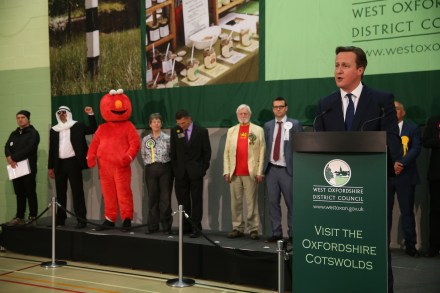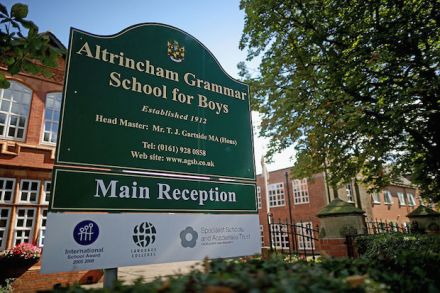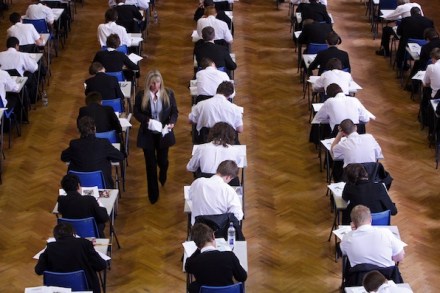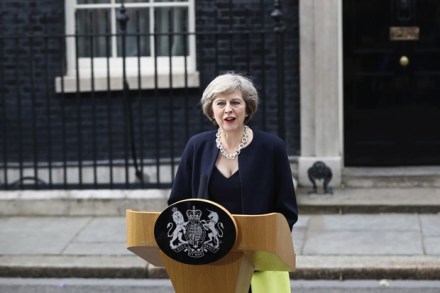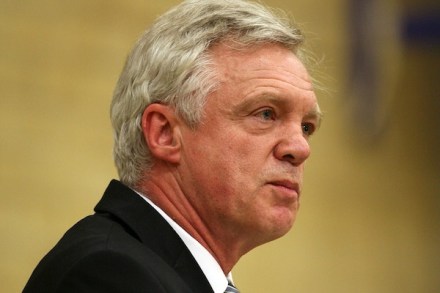Coffee House shots: David Cameron quits backbenches and Witney
David Cameron chose a rather blustery Oxfordshire afternoon to announce that he was stepping down as MP for Witney with ‘immediate effect’. Cameron had previously suggested that he would stay on in Parliament, telling the BBC it was ‘very much [his] intention’ to continue as an MP. Pundits have linked Cameron’s surprise u-turn to Theresa May’s announcements about grammar schools at the end of last week, which undermined a key feature of Cameron’s social policy. So what should we make of this move? And where does it leave May and the remaining Cameroons in the Commons? In this edition of Coffee House shots, Fraser Nelson tells Isabel Hardman that: ‘I guess
